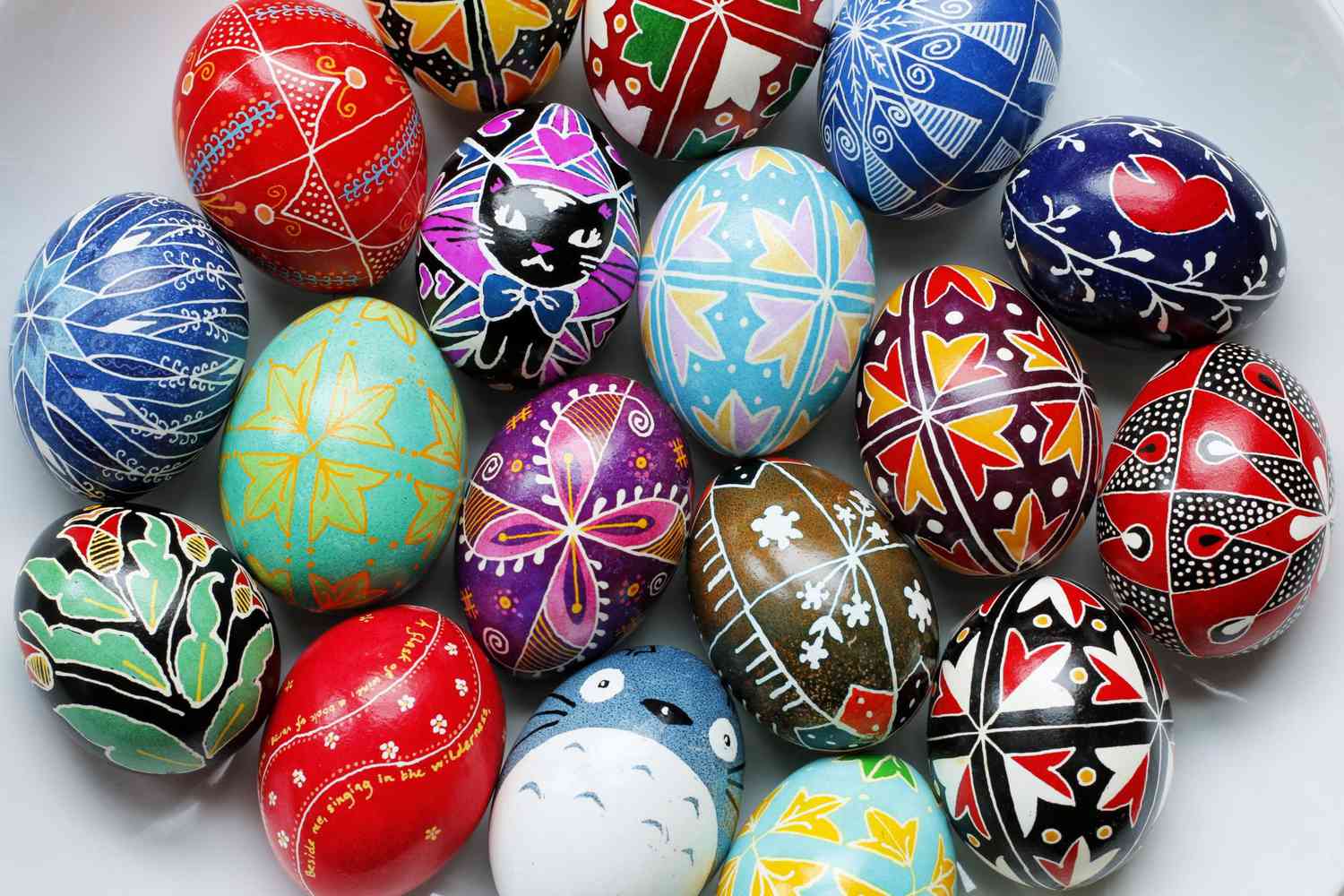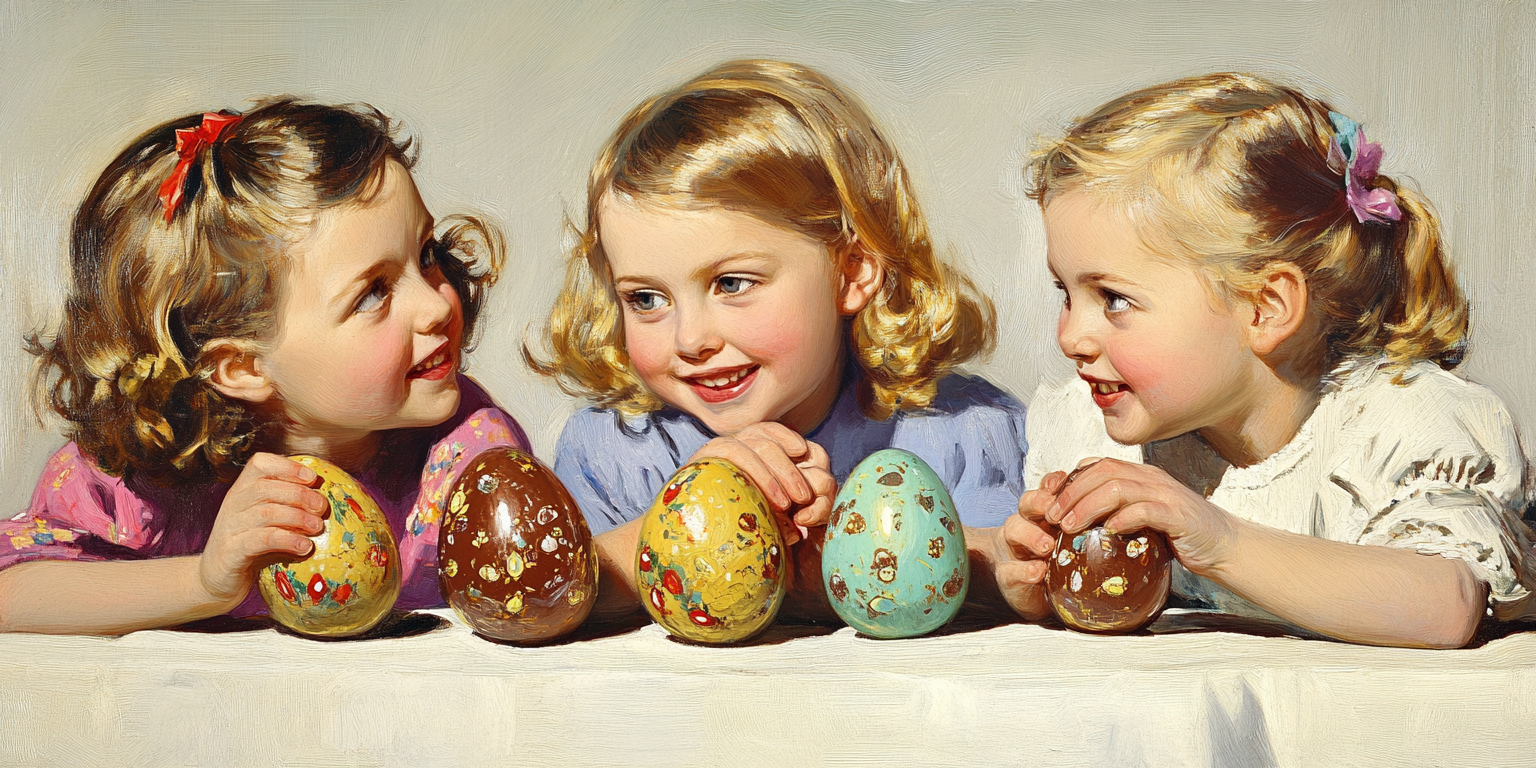The History of Easter
A Story of Tradition, Marketing, and Reinvention
Easter is one of the most significant celebrations in the Christian calendar, commemorating the resurrection of Jesus Christ. But beyond its religious roots, Easter has evolved into a cultural and commercial phenomenon, blending centuries-old traditions with modern marketing strategies that continue to shape the holiday as we know it today.
The Marketing Made Clear Podcast
Check out the Marketing Made Clear Podcast on all good streaming platforms including Spotify:
The Origins of Easter
The origins of Easter can be traced back to both Christian and pre-Christian traditions. In Christianity, Easter Sunday marks the resurrection of Jesus, as described in the New Testament. The date of Easter is based on the lunar calendar, falling on the first Sunday after the first full moon following the spring equinox.
However, Easter also has ties to older, pagan spring festivals that celebrated renewal and fertility. The name “Easter” is believed to derive from Eostre (Ēostre, pronounced Ostarra), an Anglo-Saxon goddess associated with spring and fertility. This blending of Christian and pagan traditions is a recurring theme in many religious holidays, as early missionaries often incorporated local customs to ease the transition to Christianity.

The Evolution of Easter Traditions
While Easter’s religious significance remains central to millions around the world, many of the holiday’s best-known traditions have more secular and commercial origins:
-
Easter Eggs – The egg has long been a symbol of new life, dating back to ancient times. Early Christians adapted this as a representation of Jesus’ resurrection. The tradition of decorating eggs emerged in medieval Europe, and by the 19th century, chocolate eggs became a popular treat, thanks in part to advancements in confectionery techniques.
-
The Easter Bunny – The origins of the Easter Bunny can be traced back to German folklore, where a hare (Osterhase) was said to lay colourful eggs for children who behaved well. German immigrants brought this tradition to America in the 18th century, where it grew into the commercialised Easter Bunny we know today.
-
Hot Cross Buns – These spiced, fruit-filled buns marked with a cross have been eaten since at least the 14th century. Some believe they predate Christianity, with roots in ancient spring festivals. The cross symbolising the crucifixion was added later, and by the Tudor period, their consumption was so popular that Queen Elizabeth I restricted their sale to specific religious occasions.
The Commercialisation of Easter
As with Christmas, Easter has undergone significant commercialisation, transforming from a primarily religious observance to a retail-driven holiday. Brands have long recognised the potential of Easter as a major sales opportunity, with everything from chocolates to fashion capitalising on the season.
The Role of Marketing in Modern Easter Celebrations
Easter marketing has evolved dramatically, with brands leveraging seasonal promotions, storytelling, and digital strategies to engage consumers. Some key marketing trends include:
-
Limited-Edition Products – From Cadbury’s Creme Eggs to Lindt’s Gold Bunny, brands use seasonal exclusivity to drive demand and urgency.
-
Emotional Storytelling – Many brands tap into themes of family, tradition, and nostalgia, reinforcing emotional connections to Easter.
-
Experiential Marketing – Egg hunts, in-store events, and interactive campaigns create immersive brand experiences that strengthen customer loyalty.
-
Social Media and Digital Marketing – Influencers, interactive Instagram campaigns, and virtual Easter egg hunts help brands engage younger audiences in new ways.

The Future of Easter: A Balance of Tradition and Innovation
Easter is a fascinating example of how history, religion, culture, and commerce intertwine. While its core meaning remains deeply significant for many, its broader appeal continues to evolve. As brands experiment with digital engagement, sustainability-focused Easter products, and more personalised marketing campaigns, the holiday remains a dynamic landscape for both tradition and innovation.
Whether you celebrate Easter for its religious significance, its family traditions, or simply for the chocolate, one thing is clear – Easter is a masterclass in how holidays can be shaped, reinvented, and marketed over time.


